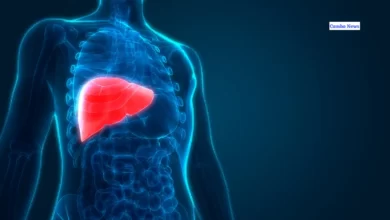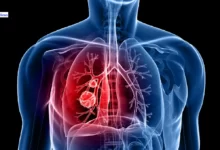Understanding Panic Attacks: Causes, Triggers, and Ways to Overcome Them

Panic attacks can strike anyone, anywhere, at any time. They are intense, overwhelming episodes of fear and anxiety that can feel like a life-threatening emergency. While the exact cause of panic attacks remains a topic of ongoing research, a combination of genetic, environmental, and psychological factors is believed to play a significant role.
In this article, we will explore why people experience panic attacks, their triggers, and effective coping strategies to manage and reduce their occurrence.
Understanding Panic Attacks
The Physiology of Panic Attacks
Before diving into the causes, it’s essential to understand what happens in the body during a panic attack. When someone experiences a panic attack, their body’s fight-or-flight response is activated. This response involves the release of stress hormones like adrenaline, which prepare the body to deal with a perceived threat.
The heart rate increases, breathing becomes rapid and shallow, and muscles tense up. While this response is adaptive in situations of genuine danger, it can become problematic when it occurs out of context, as in panic attacks.
Also Read | Exploring the Remarkable Benefits of Yoga for Skin Health: Unlock Radiant Skin
Causes of Panic Attacks
1. Genetic Predisposition: Some individuals may have a genetic predisposition to panic attacks. If a close family member, such as a parent or sibling, has a history of panic attacks, the risk of developing them may be higher.
2. Brain Chemistry: Imbalances in brain chemicals, particularly serotonin and norepinephrine, have been associated with panic disorder. These neurotransmitters play a crucial role in regulating mood and anxiety.
3. Stress and Trauma: Stressful life events, traumatic experiences, or major life changes can trigger panic attacks in susceptible individuals. The body’s heightened sensitivity to stress can lead to the development of panic disorder.
4. Medical Conditions: Certain medical conditions, such as thyroid disorders, heart conditions, and respiratory problems, can mimic the symptoms of a panic attack. In some cases, individuals with these conditions may experience panic-like episodes.
Panic Attack Triggers
1. Caffeine and Stimulants: Excessive consumption of caffeine and stimulants like energy drinks can trigger panic attacks in some people. These substances can overstimulate the nervous system, leading to increased anxiety and panic.
2. Phobias and Fears: Specific phobias, such as the fear of flying or enclosed spaces, can trigger panic attacks when confronted with the feared situation or object.
3. Social Situations: Social anxiety disorder can lead to panic attacks in social situations. Fear of judgment or embarrassment can trigger intense anxiety and panic.
4. Negative Thought Patterns: Catastrophic thinking and negative thought patterns can contribute to panic attacks. Dwelling on worst-case scenarios can create a cycle of anxiety and panic.
Also Read | Meditation Benefits for Pregnant Women: A Path to Tranquility and Well-being
Coping Strategies for Panic Attacks
1. Deep Breathing: Practice deep, diaphragmatic breathing to calm the body’s stress response. Inhale slowly through your nose for a count of four, hold for four, and exhale slowly through your mouth for a count of four. Repeat until you feel more relaxed.
2. Progressive Muscle Relaxation: Tense and then release each muscle group in your body, starting from your toes and working your way up to your head. This can help alleviate physical tension associated with panic.
3. Mindfulness and Meditation: Mindfulness techniques and meditation can help you stay present and reduce anxiety. Focusing on your breath or a calming mantra can be particularly effective.
4. Seek Professional Help: If panic attacks are severely impacting your life, consider seeking help from a mental health professional. Cognitive-behavioral therapy (CBT) and medication can be effective treatments for panic disorder.
Panic Attacks
Panic attacks are a challenging and distressing experience, but understanding their causes and triggers is a crucial step toward managing and overcoming them. While genetics and brain chemistry may contribute to panic attacks, environmental factors, stress, and negative thought patterns also play significant roles. By adopting effective coping strategies and seeking professional help when needed, individuals can regain control over their lives and reduce the impact of panic attacks.
Remember that you are not alone, and there is help available to support you in your journey toward managing panic attacks and achieving better mental health.
Also Read | Can Diabetes Be Passed? Debunking the Myths and Facts








